– From a professional standpoint, what does having the Center for Fundamental Rights on your extensive résumé mean to you?
– From the very beginning, I have followed the work of the Center for Fundamental Rights and continued to observe its progress during my stays in Budapest. So I’ve seen how it's evolved into the leading think tank that it is today. Joining this vibrant community of experts and intellectuals is an excellent opportunity to engage with - and work on - the major political and cultural debates of our time.
– You specialize in criminal and international law. What is your opinion on the corruption scandals surrounding Spanish Prime Minister Pedro Sanchez’s government?
– The Socialist Party and its leaders have been involved in multiple scandals in the past, but the number of "issues" around this government is simply staggering. Not only have charges been brought against politicians, but also high-ranking officials, friends, and relatives of the president have been implicated. This has caused significant institutional damage and a severe reputational crisis for Spain.
– What's your take on how Sanchez has managed to return to power?
– Since 1978, Spain has had three socialist governments, and this is by far the weakest of them. Every decision and legislative proposal depends on the far-left, as well as Basque and Catalan nationalists. This means whether or not it can retain its power ultimately depends on Spain’s enemies. The Spanish people certainly deserve better than this.
– How do you view the Spanish government’s immigration policies, and what is your take on the EU's approach to handling migration?
– It is a disaster, especially for ordinary people who bear the brunt of the EU’s open-border policies and the consequences of progressive agendas. Illegal migration is one of the most divisive issues in Spanish society today. The contradiction, or discrepancy, between the official rhetoric promoted by institutions and elites, and the actual facts on the ground, is enormous.
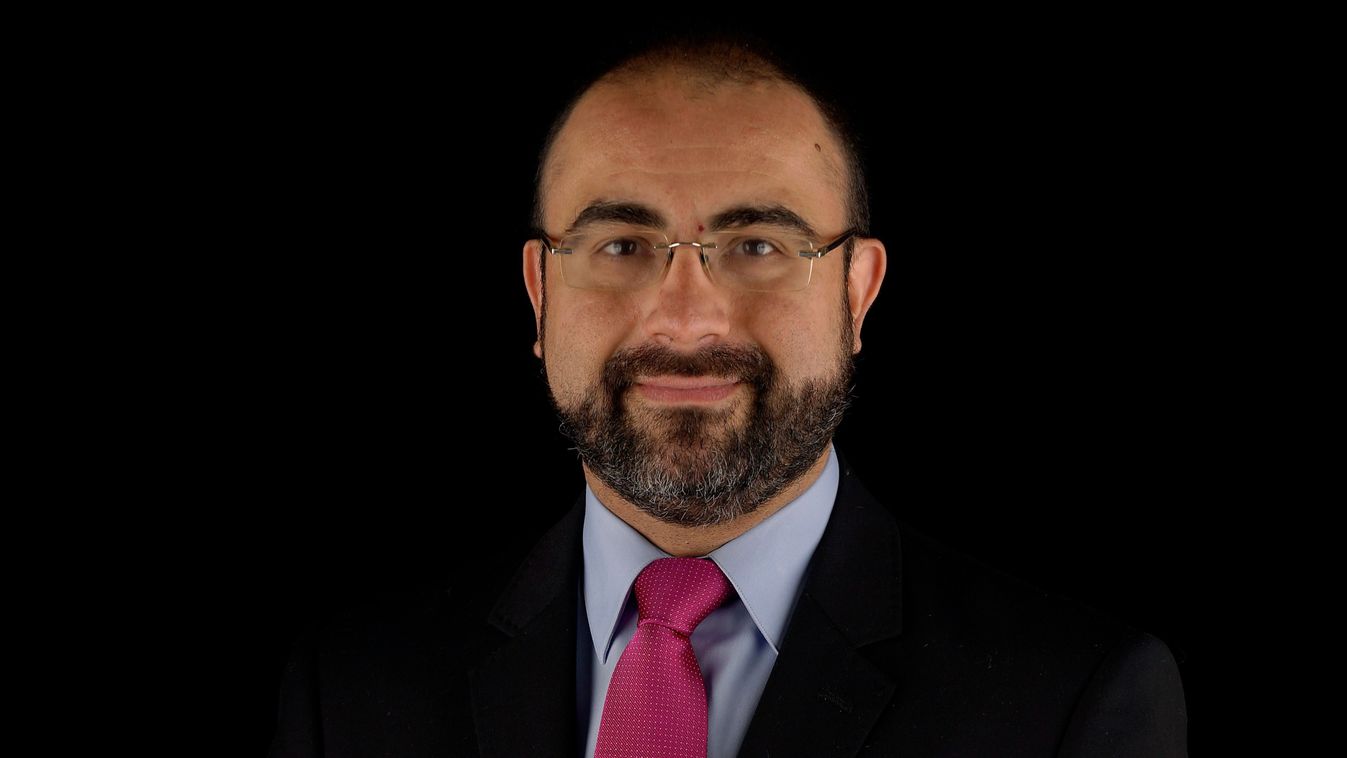
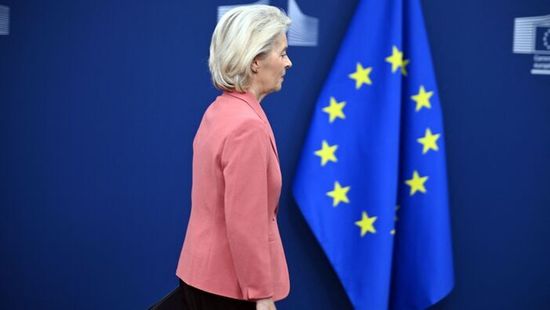

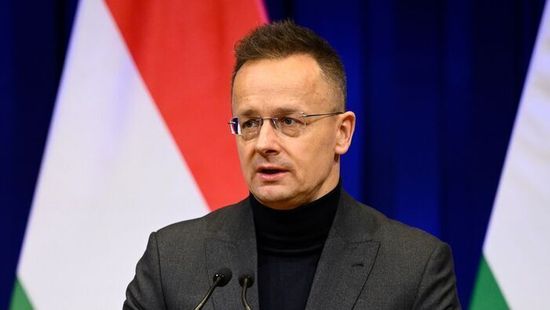
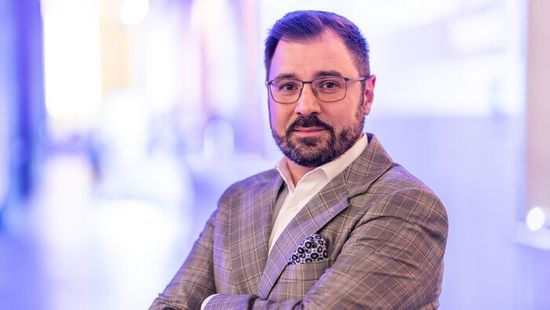


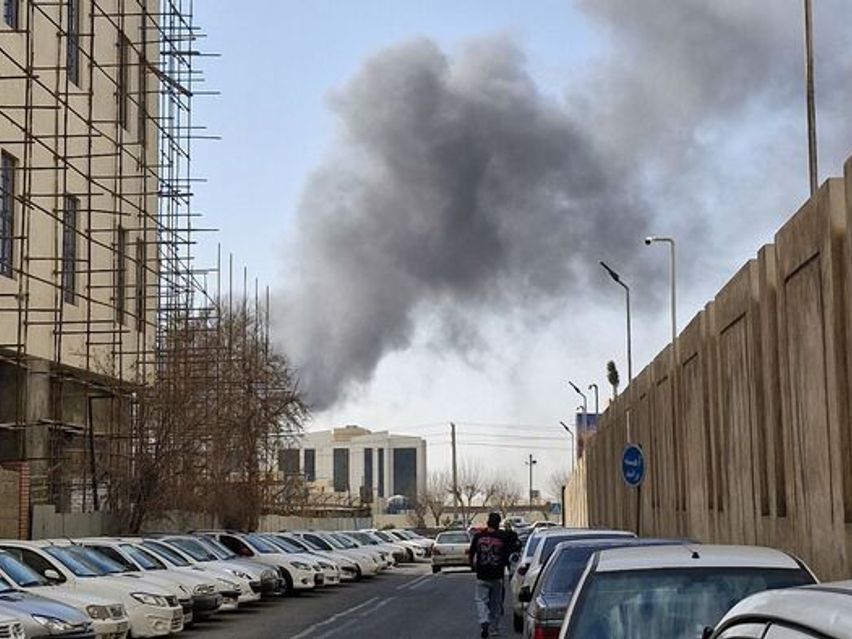



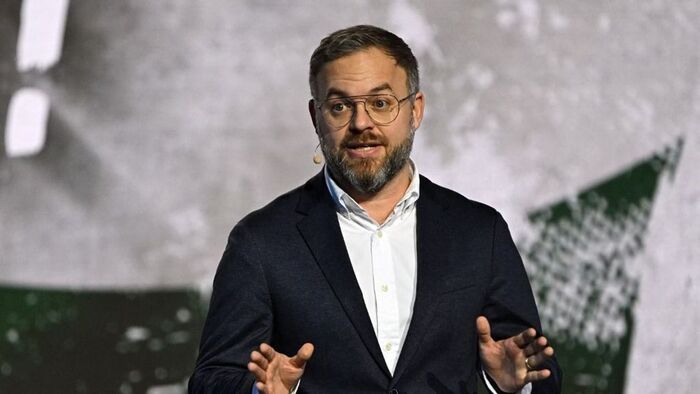











Szóljon hozzá!
Jelenleg csak a hozzászólások egy kis részét látja. Hozzászóláshoz és a további kommentek megtekintéséhez lépjen be, vagy regisztráljon!